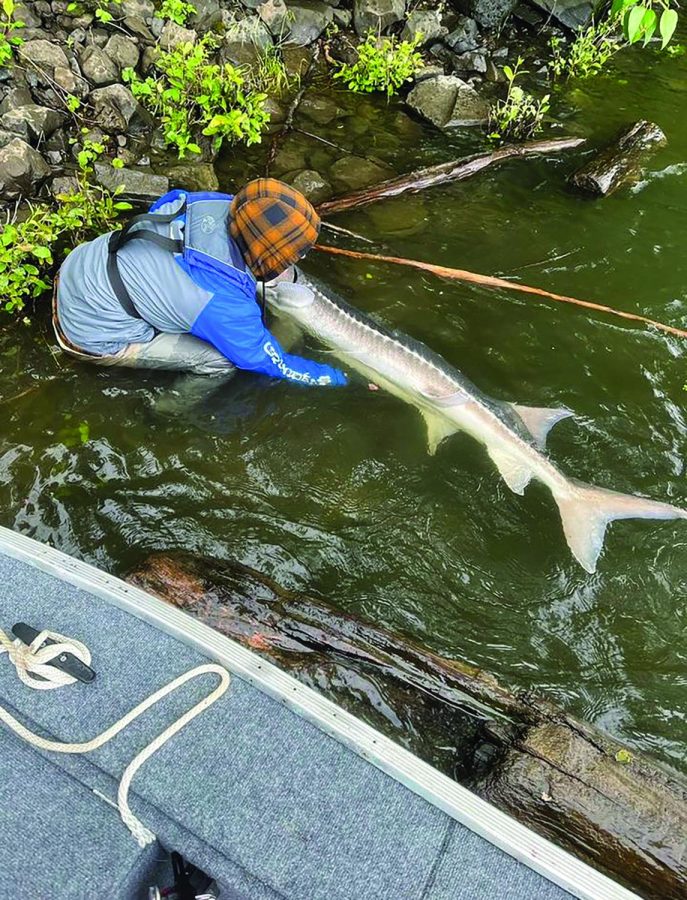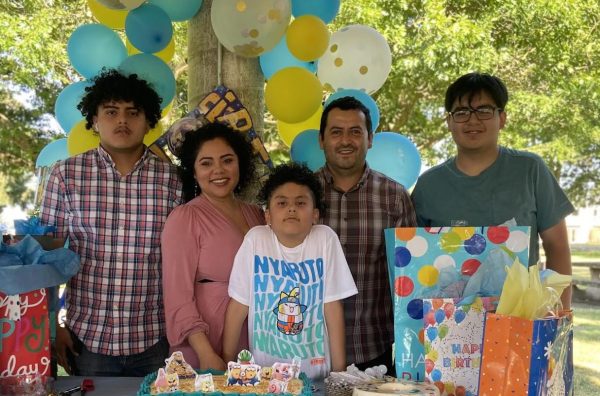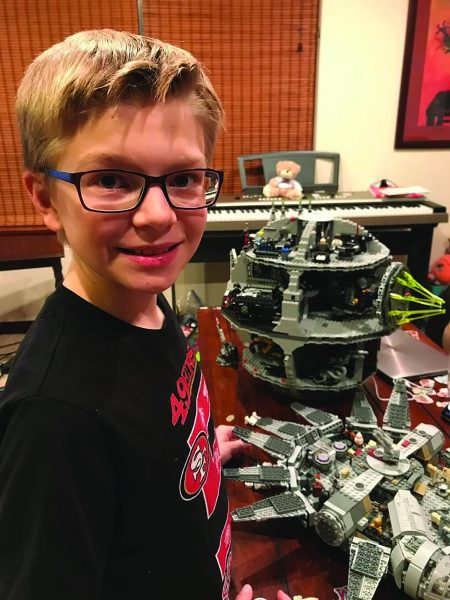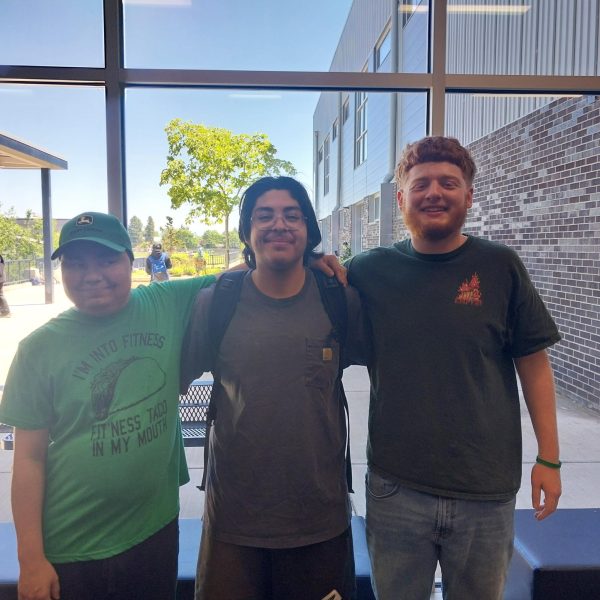Hooked On Hunting and Fishing
STUDENTS AND STAFF SHARE TALES FROM THE WILDERNESS
Hunting has been around for thousands upon thousands of years. It’s a craft that gets refined over every generation and has proven to remain relevant even in the modern day with grocery stores on almost every corner.
Freshman Naudia Edmiston has been around hunting, literally her entire life, “My dad hunted with me when I was a baby baby, like six months old. He would wake up on his days off, drive down the road and have me on his back and hunt for deer.”
And Senior Christian Fee was introduced to fishing by his dad. “I started fishing when I was introduced to it by my dad when I was around four. After I just started going with my dad.” After Fee started fishing with his dad, he was completely“hooked.”
“When I was around 12 I discovered that we had a pond within riding distance to our house. So I would throw a backpack and ride over there on my bike and fish all day,” Fee said.
Coach Linden Loren has been around hunting all his life. In the picture to the left he’s decked out in camo with his mom. But at the beginning of COVID-19 he began writing a book dedicated to hunting. Loren wrote the book in order to help hunters live longer and healthier lives by combining his nutrition and fitness knowledge along with several other subjects into one book. The book is titled “Your Hunting Lifespan” and can be found on his website Camoandwind.com.
The book makes an important point: hunting can be a very physical activity. Loren says, “It depends on different styles. One could say it’s [physically hard] one could also say it isn’t physical . So what I mean by that is you could be in a tree stand, you just get up a ladder [into a tree] and sit and wait. Or you could be in a blind box.”
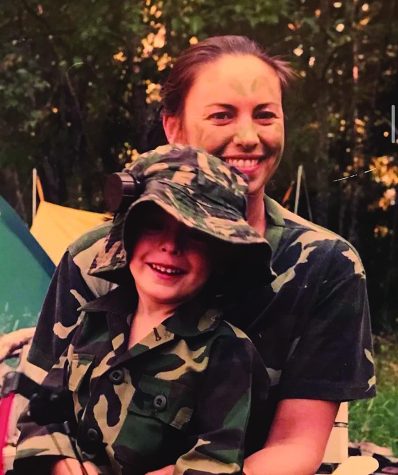
hunting trip at roughly 5 years old
“Backcountry hunting, which is the style of hunting I do, means I have a 70 pound pack on, and I’m walking in 12 miles,” Loren said. Hiking out that far into the wilderness guarantees a beautiful view. Junior Mason Linton has one place that stands out above the rest.
“[Warner State Park] is kind of this big, open, just roaring [space]. You look over here, and you can see the mountains over there. You look over there and here’s some more mountains, you can see the Steens, they’re like 10,000 feet high. It’s just really beautiful stuff,” Linton said.
Despite all the hard work someone can put into hunting, nobody is guaranteed to get an animal. Edmiston says, “[Hunting] can be luck based, but skill plays a great part. One of our family friends, he hunts every year, he almost gets an elk or a deer almost every time. For us, it’s maybe once every five years.
Sometimes a hunter can be fully prepared, but then not even have an opportunity to show off their skills. Luck can play a huge role in hunting. Linton said, “You can get in shape for the hunting season and do all this stuff, and have the top of the line gear, and you can go out there and just not see a thing.”
Other times, someone will have a huge stroke of luck and make a personal record. Fee remembers, “Up in Portland. I catch the big sturgeon, the biggest one I caught was like 170 pounds. It was about eight feet long.”
Fee said that after hooking the sturgeon, he and a few others had to take shifts for an hour and 15 minutes before they could reel the fish in. “For the first 45 minutes it was like we were just hooked onto a car. It was insane,” Fee said.
No matter how hard someone works to catch an animal, the most important part is treat the animal with respect the entire time. Loren said, “I do archery, I want to be practicing every single day. At certain yardages to ensure I can make clean, ethical shots, to make it as fast as possible.” The same goes for not just hunting but fishing as well.
Fee says, “I use hooks and I don’t take the [fish] out of the water. And I try as much as possible to take care of the fish. “I do greatly respect the fish, and I would never intentionally hurt a fish… I think having respect for the fish does make it a lot more exciting and just more enjoyable,” Fee said.
Sometimes things go wrong while hunting. Hunters can do everything they can, but sometimes things just go wrong. Linton has one powerful memory. “You hit a big buck, and what I mean is you shoot a big buck and it doesn’t live. But then you don’t find it. And then you just get that awful, gut wrenching feeling that nobody wants to have. It is probably the worst feeling in the world. Worst feeling in the world.”
Your donation will support the student journalists of West Albany High School. Your contribution will allow us to purchase equipment and cover our annual website hosting costs.


